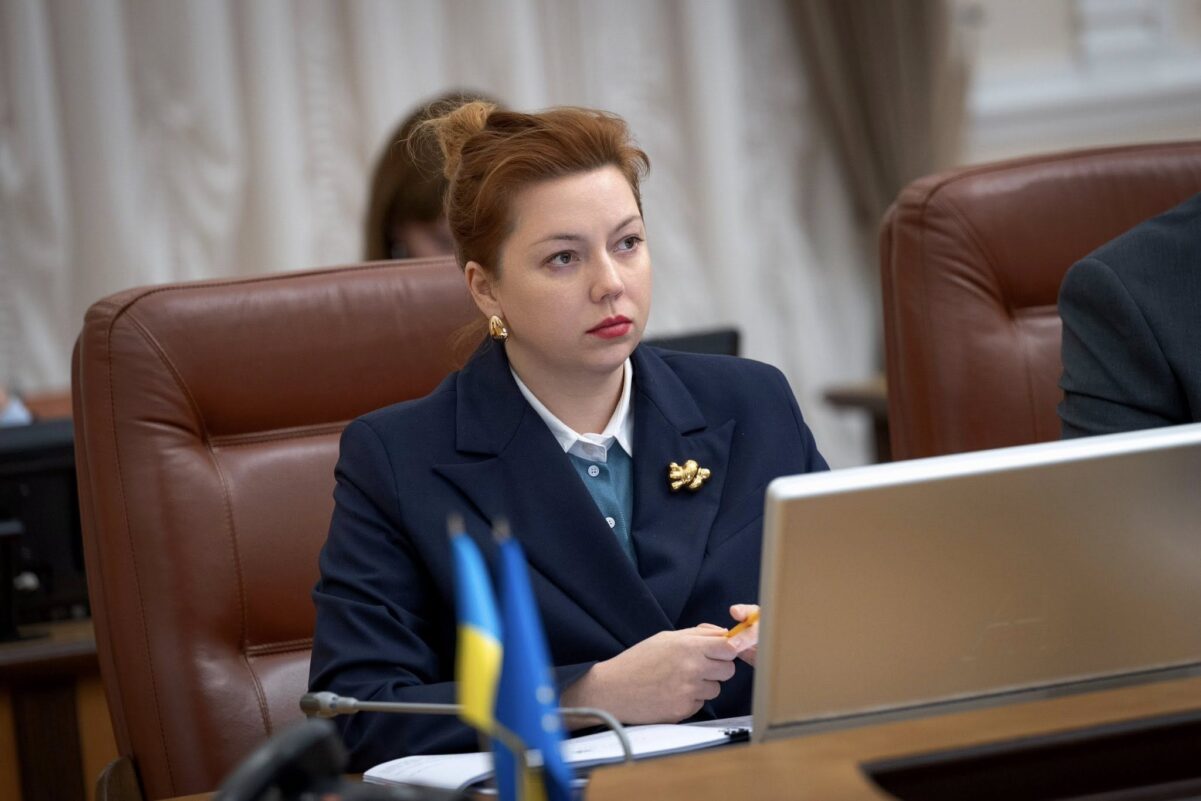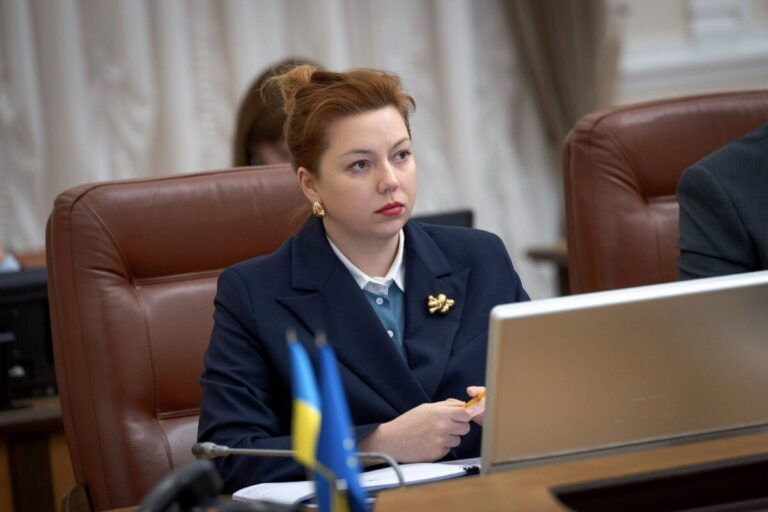
Fakes as a Tool of Economic Warfare: How Business Can Survive in the Age of Information Attacks
In the modern world, information spreads faster than any other force. A single fake post on Telegram or a manipulative news item on an obscure website can, within minutes, inflict damage that will take weeks or even months to repair. In times of hybrid warfare, it is no longer enough for businesses to be prepared for attacks they must have a reputation protection system as effective as their cybersecurity or financial control systems.
The spread of false information is not only a tool of information warfare but also an element of economic pressure on business. Especially in wartime, fakes become part of a hybrid attack: they can undermine investors’ trust, provoke panic among clients, or even affect a company’s market value. Such situations are no longer rare companies face information diversions that result in financial losses and reputational damage.
The main rule for business survival in today’s media environment is preparedness to respond. This is not about chaotic actions, but about having clearly prescribed algorithms: who, when, and how should act in the event of an information attack.
Usually, compliance is associated with observing laws and internal company policies. But modern realities require more. Business needs to implement communication compliance a system that combines legal and reputational components.
A company that acts transparently, publishes reports, and demonstrates responsibility to clients and partners is less vulnerable to fakes. In case of an attack, it can present documents, facts, and official data and this becomes a shield of truth that builds trust.
When legal and communication compliance work together, the company does not simply justify itself, but demonstrates its position with arguments. This synergy increases resilience in times of crisis.
In business, as in fire safety, it is important not to wait for disaster, but to prevent it. Therefore, a company should have a monitoring system that tracks the information field using modern analytical tools and artificial intelligence technologies. This allows a potential attack to be spotted at the very beginning, before the fake goes viral. Next, it is important for the response matrix to work: who gives comments, who prepares the official position, and how the response is disseminated through media and social networks. It is clarity and speed of reaction that minimize consequences.
Compliance is often criticized as unnecessary bureaucracy that stifles flexibility. But it is precisely clear procedures that save companies from chaos during a crisis. A fake is a fire. And if the team argues every time about who should do what while the “building” is burning, the consequences can be catastrophic. A balanced approach is essential for a company: a clear algorithm of actions, but with the possibility of adaptation to a specific situation. Then, even in the sharpest crisis, the team does not get lost, but acts professionally and coherently.
European companies listed on stock exchanges face fakes constantly. Attacks are usually timed to the release of financial reports or announcements of strategic decisions. If a company’s response is timely, clear, and public, it not only minimizes reputational losses, but also preserves market value. Those companies that remain silent or respond chaotically suffer significant financial losses. In European practice, communication crisis departments have long been in place and work proactively. Ukrainian business should adopt this experience.
In Ukraine, information warfare is especially acute. Hybrid attacks combine political, economic, and psychological elements. They target not only individual companies but also trust in the media as a whole. Part of the Ukrainian information space is unregulated, and anonymous channels have become a powerful tool for manipulation. Without a clear strategy of communication protection, a business can easily become a hostage to fakes.
Three Practical Tips for Ukrainian Companies
- Transparency is the best armor. Publish data, make reports open, actively communicate with clients and partners. Openness reduces the field for manipulation.
- Synergy of compliance and communications. The legal department should cooperate with PR and crisis communications. This ensures a quick and well-considered response.
- Action algorithm and partnership with media. Prepare an “action map” in case of a fake who responds, through which channels, which messages are voiced. Partnership with authoritative media is another level of protection.
Transparency and openness are not only principles of corporate governance; they are the foundation of a company’s internal confidence. If a company acts honestly and openly, it has nothing to hide and no fake can destroy its reputation.
A systematic approach to compliance, crisis communications, and information space monitoring is no longer just an option, but a strategic necessity for Ukrainian business. European practices show: clear procedures and crisis plans are not unnecessary bureaucracy, but a guarantee of resilience.
The real threats of information attacks are changing the very nature of corporate security. Those who win are not those who avoid crisis, but those who respond quickly, reasonably, and transparently.
Today, fakes have become a real tool not only for putting pressure on individual companies, but also on the country’s economy as a whole. The hybrid war that Russia is waging against Ukraine involves large-scale information attacks aimed at undermining trust in business, the state, and institutions.
The truth is that without systematic information work, no company is insured against losses. This is not an exaggeration: in modern conditions, only those who prepare crisis scenarios, invest in transparency, and provide rapid communication have a chance to withstand the pressure of new challenges. Ukrainian business is only beginning to move in this direction, but ignoring this trend is risky.
The deficit of trust created by fakes is not only a risk for an individual company. It is a threat to the entire market and the country. Responsibility for the security of the information space is collective, and without transparent cooperation between business, government, and media, Ukraine remains vulnerable. That is why building sustainable, systematic counteraction mechanisms is key to maintaining the competitiveness of Ukrainian business in a world of constant information challenges.














